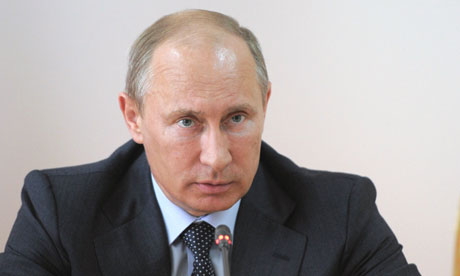
From Andrei Soldatov, Moscow Times: President Vladimir Putin recently ordered the Federal Security Service to create a system to allow the state to detect, prevent and disable cyberattacks in Russia and at diplomatic stations abroad. It is an ambitious goal and one that the FSB is well-equipped to tackle with the help of its Information Security Center and Communications Security Center. . . .
But the new structure operating under the auspices of the FSB is unable to take on the function of a national CERT agency. It was founded by the FSB center to protect government websites from attacks, not the entire Russian cyberspace.
In a Jan. 15 decree, Putin ordered the FSB to create a system that would protect not only state information resources but also "other information systems." In addition, the FSB was instructed to establish an exchange of information with "authorized agencies of foreign states and international organizations." This apparently means that it should collaborate with the CERTs in other countries. . . .
A national CERT would give Russia access to the exchange of information about hacking attacks that analogous centers in the West have been collecting since the first CERT was founded at Carnegie Mellon University in 1988. In practice, this would provide the FSB with information about computer incidents that have occurred all over the world.
Andrei Soldatov is an intelligence analyst at Agentura.ru and co-author of "The New Nobility: The Restoration of Russia’s Security State and the Enduring Legacy of the KGB." (photo: Alexey Druzhinin/AFP/Getty)
Image: getty%201%2028%2013%20Putin%20cyber.jpg
